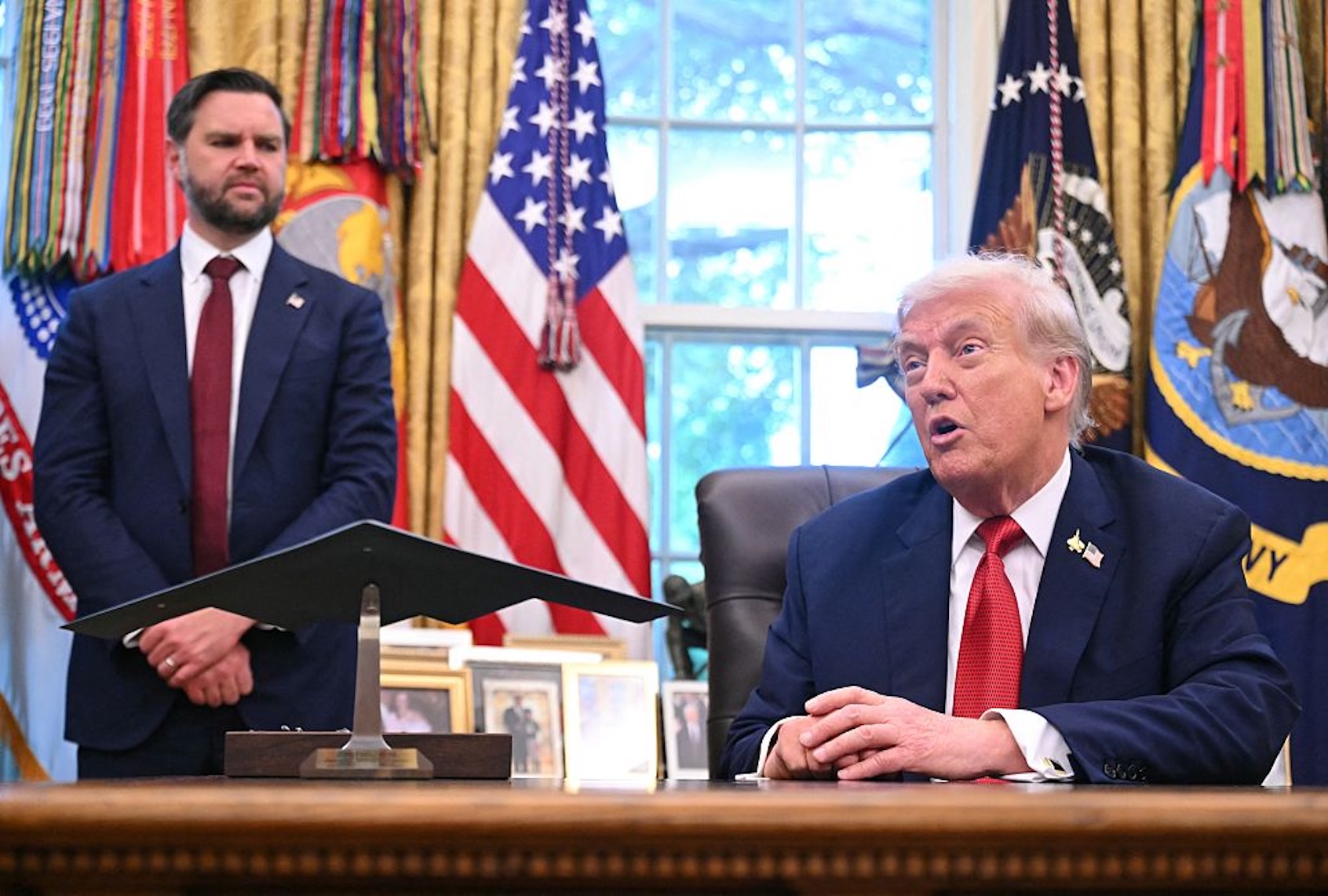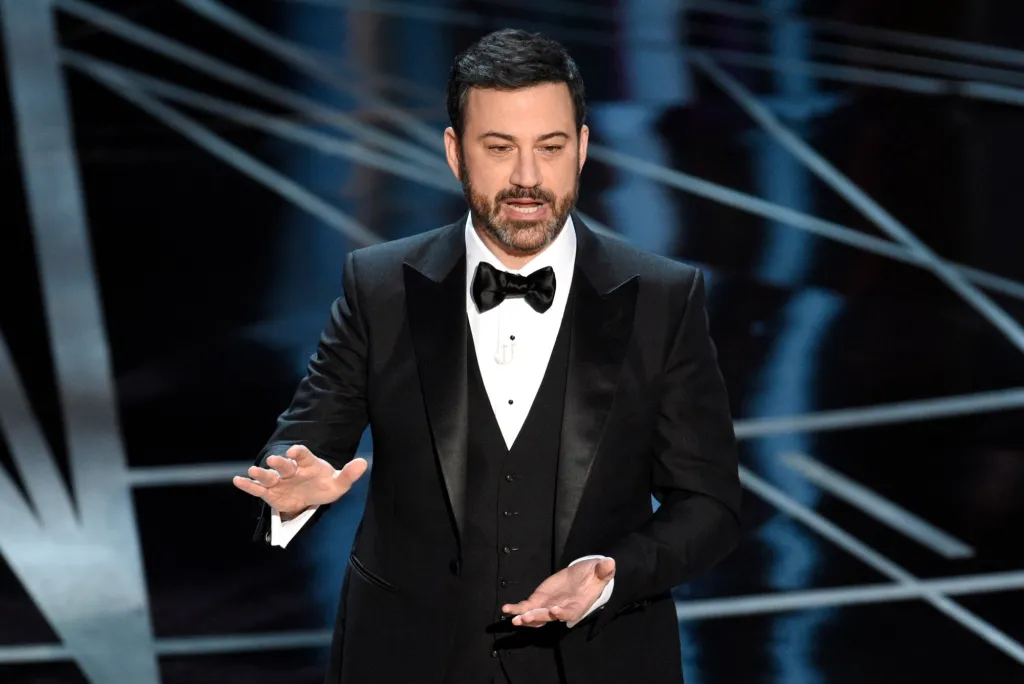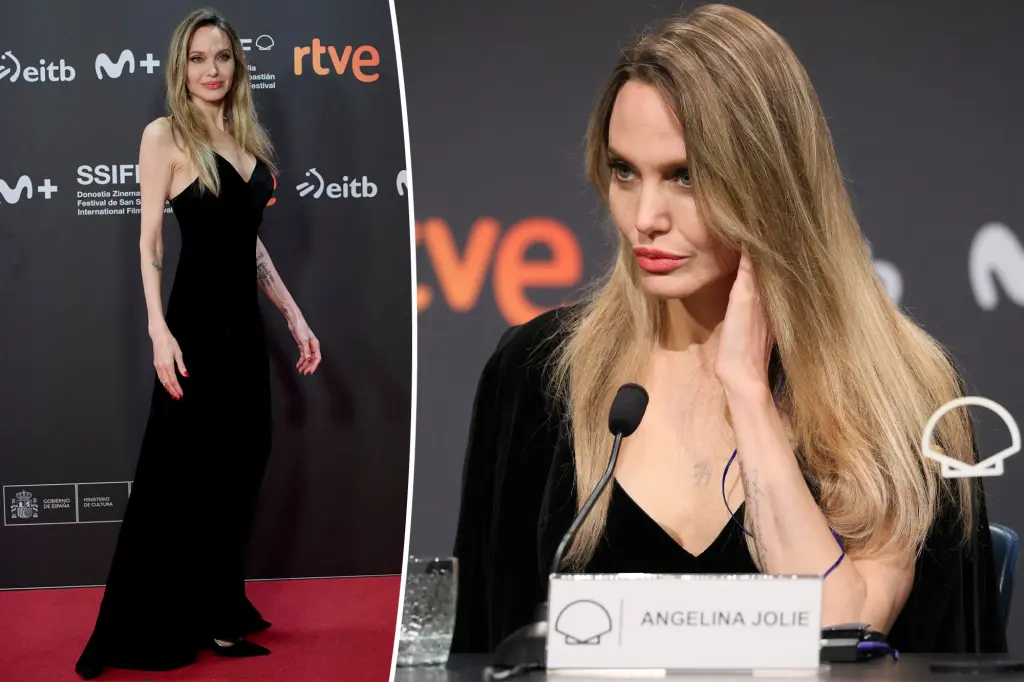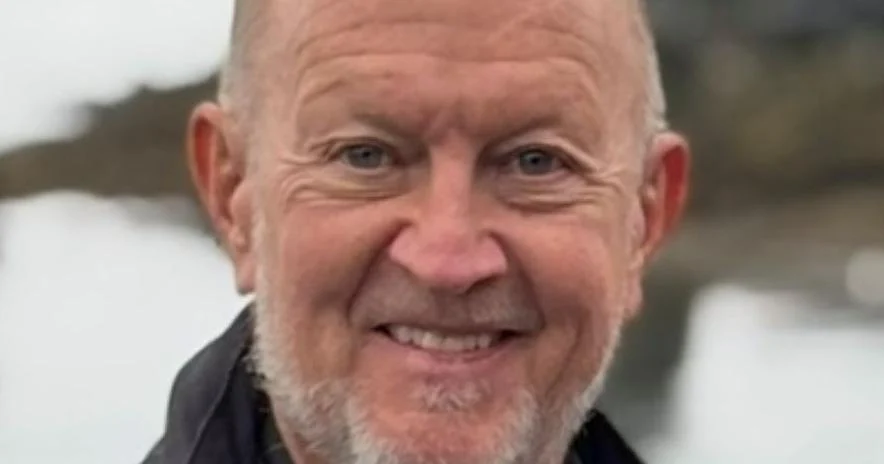
The battle over TikTok in the U.S. has lasted as long as the globally popular app has been available. Since 2019, TikTok has negotiated with the federal government to address concerns of Chinese manipulation and data theft. President Donald Trump was initially for a ban, then against it and then for it again. Through it all, TikTok remained one of the only major social platforms that Silicon Valley, with its growing right-wing tilt, hasn’t completely absorbed. That independence is now at risk after the president laid the groundwork for a complex deal for the app that gifted his billionaire allies an unprecedented degree of control over U.S. media.
“It’s owned by Americans, and very sophisticated Americans,” Trump said as he signed an executive order allowing a consortium of investors to helm an American version of the app. “This is going to be American operated all the way.”
More than a social media platform, TikTok has grown into one of the country’s largest consumer apps. For months, the Trump administration ignored a 2024 law passed by Congress and upheld by the Supreme Court banning the app unless the Chinese company ByteDance sold off its majority ownership. Despite its now less than 20% stake in the American spinoff, ByteDance reportedly may still retain rights for upwards of 50% of any profit. Contrary to Trump’s claim, the Abu Dhabi-based investment firm MGX is now one of several companies involved in the TikTok deal. Oracle — one of the world’s largest cloud computing firms, which already hosts all of TikTok’s U.S. data, is set to build a $20 billion data center in the United Arab Emirates and will be responsible for the app’s famous algorithm. As the New York Times reported, another potential TikTok investor, Silver Lake, has a stake in one of the partners involved in the Emirates data center project.
Other investors reportedly include Rupert Murdoch and his son, Lachlan, as well as Michael Dell, CEO of Dell Technologies. While it’s not yet finalized, it’s certainly shaping up to be a sweetheart deal. On Friday, the White House announced the deal is worth $14 billion. Previous estimates by analysts, though, put the amount in the range of $30 billion to $35 billion. According to the Murdoch-owned Wall Street Journal, the Trump administration is expected to collect a multibillion-dollar fee from the transaction.
Although Trump has claimed the deal has the approval of the Chinese government, so far China has remained silent.
Vice President JD Vance hailed the announcement as a major win. TikTok, he said, will no longer “be used as a propaganda weapon against Americans.”
Want more sharp takes on politics? Sign up for our free newsletter, Standing Room Only, written by Amanda Marcotte, now also a weekly show on YouTube or wherever you get your podcasts.
Left unmentioned by Vance is the fact that Oracle head Larry Ellison is one of Silicon Valley’s most openly partisan figures. Ellison is currently taking control of CBS, Paramount and TikTok — and potentially even CNN.
While Meta’s Mark Zuckerberg cozied up to Trump and former administration official Elon Musk turned X, formerly Twitter, into a right-wing echo chamber, TikTok remained — however imperfectly — a rare space where marginalized voices, left-leaning creators, union organizers and youth-led political movements could gain visibility. To be sure, as Salon’s Amanda Marcotte has noted, before this ownership swap, in so many ways TikTok was already “a fascist’s dream,” full of misinformation and half-truths.
But TikTok is also the closest thing we have to a digital town square that isn’t yet colonized by billionaires with political agendas. Its algorithm — still largely interest-driven rather than identity-driven — has enabled ordinary people to go viral with critical stories and counternarratives.
But TikTok is also the closest thing we have to a digital town square that isn’t yet colonized by billionaires with political agendas. Its algorithm — still largely interest-driven rather than identity-driven — has enabled ordinary people to go viral with critical stories and counternarratives. It may sound bleak but, according to the Pew Research Center, 43% of adults ages 18-29 regularly get their news from TikTok.
Who controls the algorithm is critical. Control the algorithm, and you control the flow of dissent.
Take, for example, how TikTok allowed Americans access to “unfiltered news” about Gaza.
As former Republican Sen. Mitt Romney explained of his 2024 vote to ban the app, “if you look at the postings on TikTok and the number of mentions of Palestinians, relative to other social media sites — it’s overwhelmingly so among TikTok broadcasts.” Jonathan Greenblatt, CEO of the Anti-Defamation League, has labeled the phenomenon Israel’s “TikTok problem.”
We need your help to stay independent
For his part, Oracle’s Ellison has contributed over $26 million to Friends of the Israel Defense Forces, a nonprofit that supports Israeli soldiers. This raises an important question: Will trading Chinese control for Ellison’s ideologically driven instincts solve America’s misinformation problem? The answer, of course, is likely a resounding no. TikTok does need guardrails. It needs stronger data privacy protections, algorithmic transparency and accountability for content moderation. But if anything, the guise of protecting user data was used as an excuse to pave the way for American businessmen to now own and use our data more dangerously.
As former Labor Secretary Robert Reich noted on social media, the richest man on earth owns X. The second-richest man is about to be a major owner of TikTok. The third richest man owns Facebook, Instagram, and WhatsApp, and Jeff Bezos, the world’s fourth richest man, owns the Washington Post. This is truly bleak.



